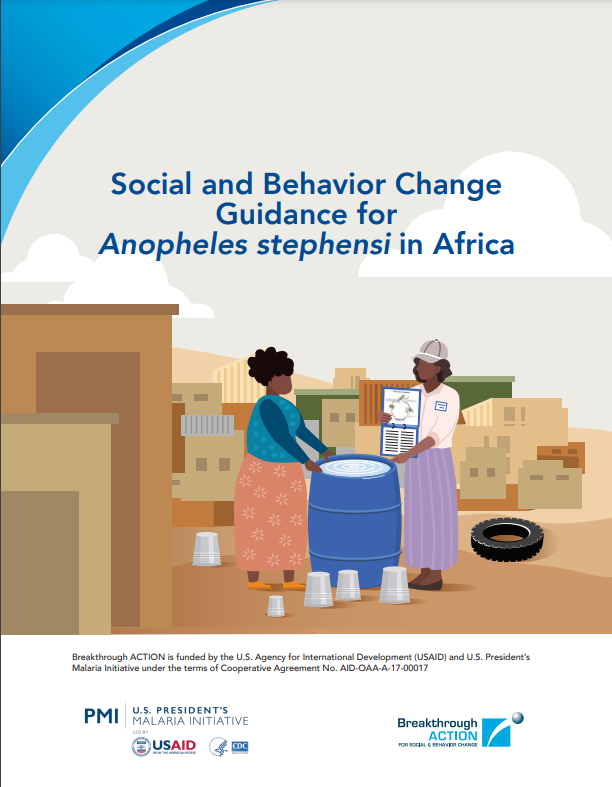Larviciding for malaria control in Africa – A gap analysis and change management proposal
Published: 15/06/2017
Vector control has played a prominent role in advancing malaria control in Africa over the past fifteen years. However, the tools at hand, notably LLINs and IRS, are insufficient to drive transmission to zero. Moreover, these tools suffer from insecticide resistance, behavioural avoidance and outdoor biting mosquito populations, which therefore demands additional and/or novel vector control strategies. Larval source management (LSM), which includes larviciding, may be such a tool. The goal of this short-term consultancy was to review the factors that are hindering the adoption and wide-scale implementation of larviciding for malaria control in Africa. More specifically, the aims were a) to identify the factors that either positively or negatively influence the scaling up of larviciding, and b) to suggest options to capitalise on or address these.
THEMES: Vector Control



